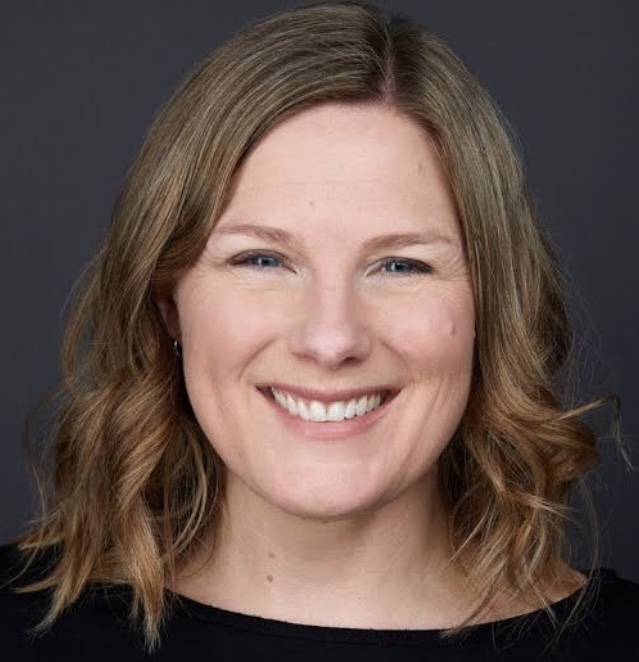 Christine Guptill on occupational therapy for mental health
Christine Guptill on occupational therapy for mental health
Christine Guptill, BMus, BSc, MS(OT), PhD | This email address is being protected from spambots. You need JavaScript enabled to view it.
As a graduate from Western in music performance (oboe) and an associate professor with a program of research dedicated to musicians’ health, I was honoured that OCSM asked me to present at the 2023 Conference. Occupational therapy aims to promote people’s ability to do things that are meaningful to them; this could include work, school, self-care, or leisure activities. OTs are trained in physical, cognitive, and mental aspects of health, and my OCSM presentation addressed all of these areas of function. This brief article will focus on mental health.
All OTs receive basic training on mental health, including how to recognize mental health conditions (e.g. generalized and performance anxiety; depression; bipolar disorder), how to assess people for challenges in mental health, and interventions to help support mental health. Our focus tends to be on improving function, so we are less likely to use talk therapy, and more likely to recommend active strategies like goal setting, organizational tools (e.g. planners), and journaling. However, some OTs specialize in psychotherapy techniques, and in Ontario, can be licensed psychotherapists through the College of Occupational Therapists of Ontario.
While not all OTs are familiar with the work of orchestral musicians, one of our specialized skills is ‘activity analysis’, which is just as it sounds: We are very good at understanding the underlying aspects of things people do, including the broader contexts. This gives us a unique view of both the micro (what emotional skills are involved in communicating complex music to audiences?) and macro (what is it like to work with 50 other musicians and a conductor?). Our work with people ranges from very young infants to older adults, and we support people through life transitions (e.g. from post-secondary into professional life, retirement, and beyond). You will find OTs working in many different settings, including private practice, acute care and rehab hospitals, and outpatient clinics.
OCSM members have been through an extremely challenging last 4 years, and for some — like the members of the Kitchener-Waterloo Symphony — the future may be unclear. As you move forward in making beautiful music, I encourage you to consider including occupational therapy in your toolkit. Please also consider participating in research studies, so that we can better support you in your valued occupations.



